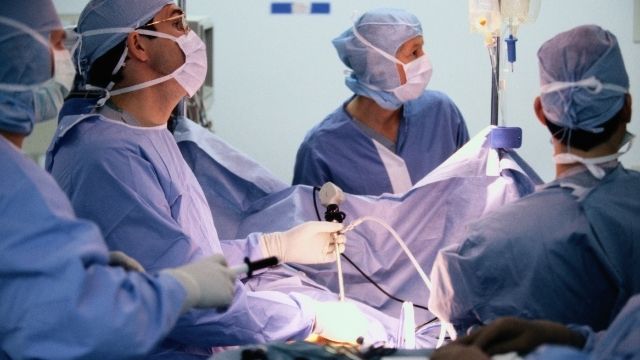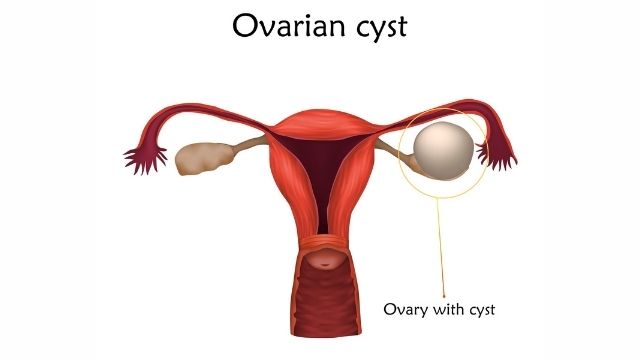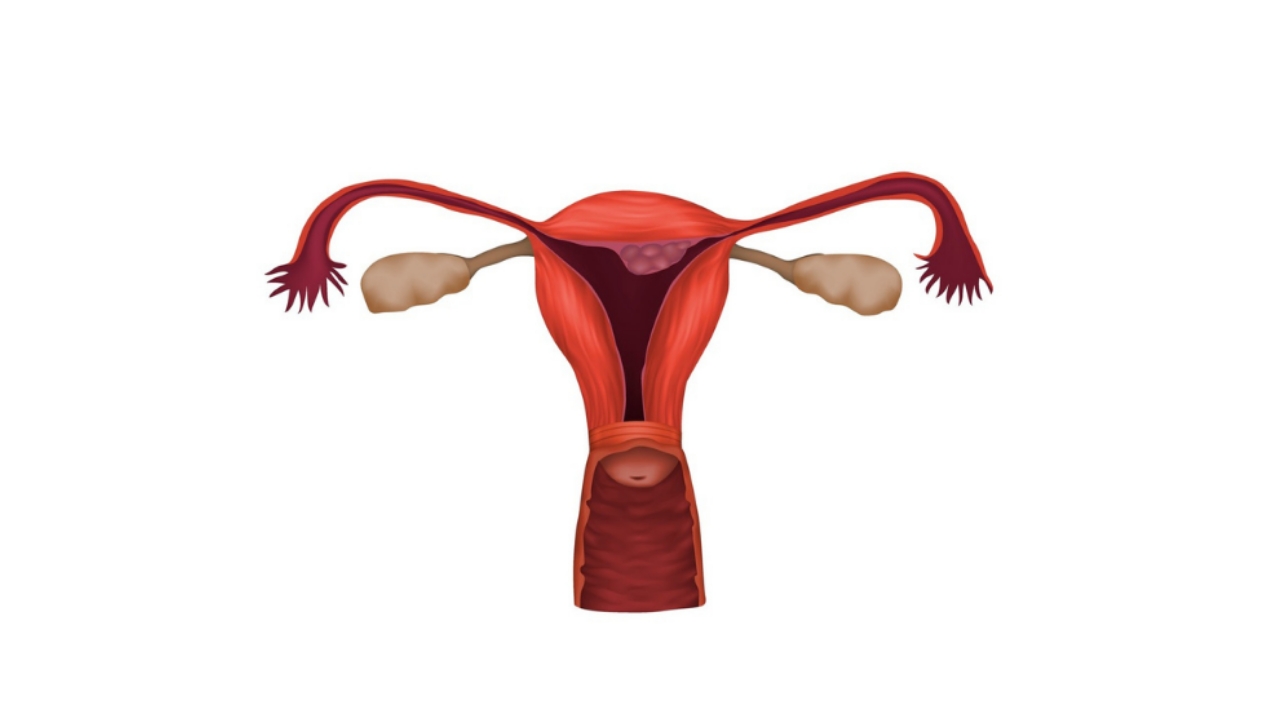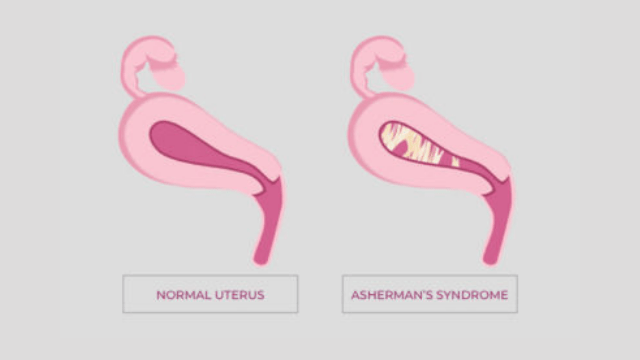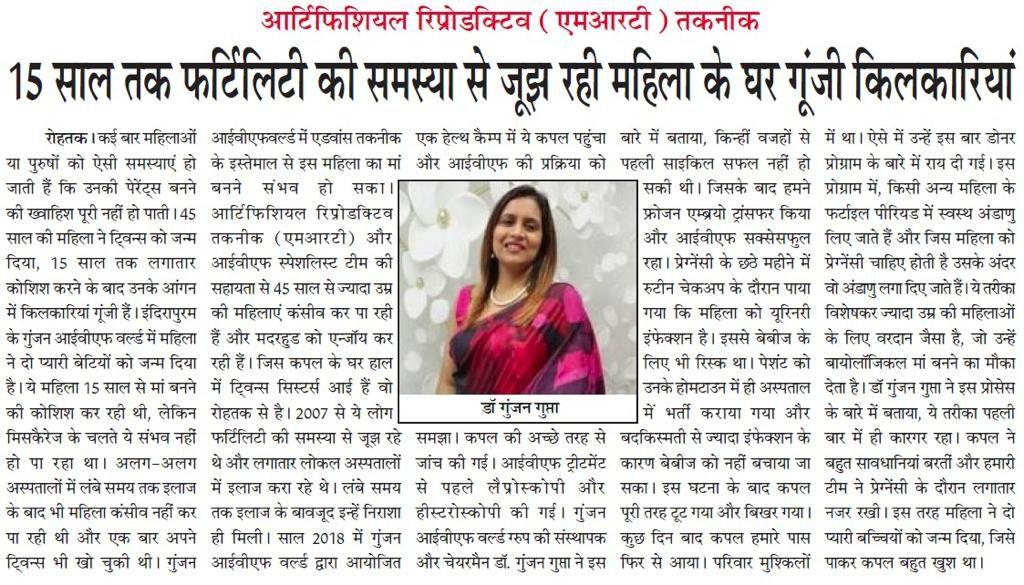Removal of Endometrial Polyps
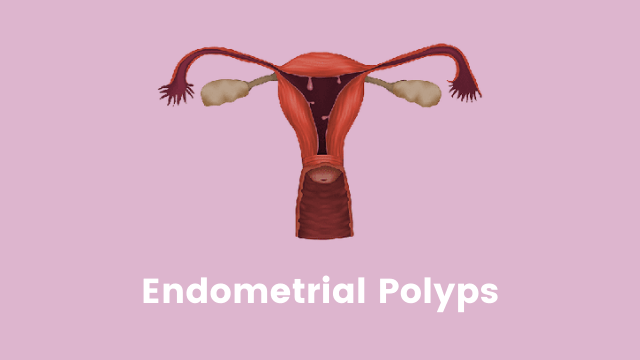
Removal of Endometrial Polyps
Endometrial polyps, commonly known as uterine polyps, are common in women. In most cases, it can develop both during pre or post-menopause. Although these are primarily noncancerous; however, it is best to remove them.
Symptoms are familiar, like paternal bleeding, continuous pain, etc. Consulting a gynecologist is the best way to control endometrial polyp. Besides, it helps in removing future complications.
Everything You Need to Know About Removal of Endometrial Polyps
Endometrial Polyp | Causes, Signs and Symptoms | Diagnosis and Treatment | Pregnancy
What is an endometrial polyp?
Endometrial polyps are small tissues that grow inside the uterus of a woman. These come from the endometrium, a tissue bed that lines and protects the uterus. You can either have one polyp or multiple polyps. The size of the cell growth varies from a small pea to the size of a golf ball.
One out of a hundred women have this problem. Women having small polyps mostly do not suffer from any significant symptoms. However, it is a good idea if you do not leave them untreated. In the future, it can cause problems like infertility, irregular bleeding, etc.
Sub Treatments For Fertility Enhancing Surgeries
We are one of the Best IVF Clinic in Delhi NCR!
51.8K
Subscribers
4.6 (383 reviews)
4.5 (409 reviews)
3.5 (254 reviews)

5 Out Of 5
Causes, signs and symptoms of endometrial polyp (Uterine polyps)
There are no definitive reasons behind developing endometrial polyps. However, health experts believe that hormonal imbalance is one of the common reasons behind it.
Since uterine polyps are estrogen-sensitive, irregular estrogen cycles often lead to this unwanted cell growth. Ideally, these are small in size, but their size can range from few millimeters to centimeters.
While some women can have a single polyp, others can have multiple polyps. Postmenopausal, pre-menopausal, and obesity are some of the common causes behind endometrial polyp. Moreover, drug consumption and a family history of Lynch or Cowden Syndrome can be yet another cause.
There is a difference between endometrial polyps and fibroid polyps. Muscle tissues mostly give rise to these fibroids. There are multiple signs and symptoms of endometrial polyp that are worth the attention. Let us check out some of the common symptoms.
- Irregular menstrual cycles
- Too much menstrual bleeding, also known as menorrhagia
- Vaginal bleeding even after menopause
- Dysmenorrhea or painful periods
- Some women even face spotting in between periods
- Breakthrough during any hormone therapy
Diagnosis and treatment for endometrial polyp
Endometrial polyps can easily be diagnosed by a good ultrasound scan. When it comes to treatment doctors also opt for hysteroscopy for diagnosis of the endometrial polyp. In this method, doctors insert a thin tube inside the uterus cavity to locate the polyp. Secondly, they perform a final diagnosis, confirm the polyp’s type, and check the uterine condition on the inside. Finally, doctors do operative hysteroscopy for removing polyps.
Sonohysterography, also known as hysterosonogrphy, is yet another one of effective diagnosis method. Here, saline is inserted into the uterus via the cervix using a thin pipe. It helps expand the uterus, giving a clear image of any unwanted cell growth inside the cavity.
Doctors often opt for endometrial biopsy. They use a small suction catheter to collect tissue specimens from the uterine wall. This sample is then sent for testing in the laboratory to detect uterus abnormalities, especially endometrial polyps.
When it comes to the treatment, the small asymptomatic polyps mostly resolve on their own. However, if you face complications, then it is best to treat them by removing them hysteroscopically.
There are various treatment procedures for uterine polyps. The primary and most straightforward one includes medicines. Hormonal medications like gonadotropin and progestin are some of the best options. But, if you stop the medication, the symptoms can reoccur.
Alternatively, the surgical procedure is also helpful. Hysteroscopy and curettage are the two effective surgical procedure that helps in removing the polyps. On removing the polyp, you might suffer mild bleeding, cramping and discharge fluid for some days.
Pregnancy with endometrial polyp
Endometrial polyps are mostly noncancerous; however, if left untreated may lead to cancerous changes. For women going through menopause, it is best to the threat of polyps as the chances of turning into cancer increases. If you plan for pregnancy, it is best to treat the polyps first and then prepare for the pregnancy.
The reason behind this is endometrial polyps may lead to miscarriages and it also does not allow the fertilized embryo to attach to the uterus. Moreover, it can also lead to fallopian tube blockage.
Conclusion
Endometrial polyp is a common disorder that women may face. However, treating it at the right time can remove any further complications. After removing the endometrial polyps, the patient can feel tenderness and discomfort.
The best way to ease the discomfort is by applying a hot compress as it removes tenderness. Opting for the polypectomy will help in making your menstrual cycles regular. After hysteroscopic polypectomy recovery is quick and you can resume office after 48 to 72 hours through some females may feel slight heaviness in the pelvis slightly longer.
Patient Testimonials
It’s always the word of mouth that’s the best advice
Published On: 3 Dec 2018
London to Gunjan IVF: Mrs. Pragya's journey of parenthood |Treated for pregnancy care | Gunjan IVF
Published On: 7 Oct 2018
We are pregnant!! | Pregnancy after Fibroid Removal Treatment (Myomectomy)| Gunjan IVF World

Erica Benn
It was such a nice experience with Dr. Gunjan and how she tackle our case. I must recommend this clinic as one of the best IVF clinic in Delhi-NCR. Thanks to Dr. Gunjan to give me my motherhood.

Nitesh Kumar Thakur
Gunjan IVF World in Indirapuram, Ghaziabad is the best hospital for surrogacy and ivf services in Delhi-NCR. Dr. Gunjan Gupta is founder and director of Gunjan IVF World. Gunjan IVF is the best ivf center in Indirapuram , Ghaziabad. Treatments at affordable prices.

Akansh Garg
Dr gunjan gupta is one of best gyne in delhi ncr especially in ghaziabad she explains each n everything very clearly to avoid any confusion. staff is very supportive n helpful.

Manisha Pathak
Went for treatment at various places in Delhi since 2012. Then came to know about Gunjan IVF. Started treatment in October 2020. The treatment is going on and we are quite hopeful. Gunjan ma'am is a very good doctor who treated me well and the staff are also very good and helpful.

Erica Benn
It was such a nice experience with Dr. Gunjan and how she tackle our case. I must recommend this clinic as one of the best IVF clinic in Delhi-NCR. Thanks to Dr. Gunjan to give me my motherhood.

Nitesh Kumar Thakur
Gunjan IVF World in Indirapuram, Ghaziabad is the best hospital for surrogacy and ivf services in Delhi-NCR. Dr. Gunjan Gupta is founder and director of Gunjan IVF World. Gunjan IVF is the best ivf center in Indirapuram , Ghaziabad. Treatments at affordable prices.

Akansh Garg
Dr gunjan gupta is one of best gyne in delhi ncr especially in ghaziabad she explains each n everything very clearly to avoid any confusion. staff is very supportive n helpful.

Manisha Pathak
Went for treatment at various places in Delhi since 2012. Then came to know about Gunjan IVF. Started treatment in October 2020. The treatment is going on and we are quite hopeful. Gunjan ma'am is a very good doctor who treated me well and the staff are also very good and helpful.
Our Expert Team
Dr. Gunjan Gupta Govil
Founder & Director
Founder, Director & Gynaecologist with specialization in IVF, Infertility & Laparoscopy of 20+ years of experience.
(20+ years of experience)

Dr. Pradyot Kumar
Founder, CEO and a specialized Neurosurgeon who is an expert in complex Brain and Spine surgeries.
(25+ years of experience)

Mr. Gaurav Singhai
COO and an entrepreneur who co-founded Gujan IVF world along with Dr Gunjan and Dr Pradyot.
(5+ years of experience)

Paritosh Sarkar
Embryologist
He is a highly experienced and successful Embryologist with more than 10 years of experience in IVF.
(10+ years of experience)
Patient Guide
Along with treating our patients, we also guide them with the help of our educational blogs and videos.
Educational Blogs

Does testicular temperature have an impact on male fertility
IVF specialists of the best IVF centre in Ghaziabad – Gunjan IVF World share an informative blog...

Is male menopause a myth or reality ?
IVF specialists of the best IVF centre in Ghaziabad – Gunjan IVF World debunk the myths about male...

Can smoking cause fertility problems in men?
IVF specialists of the best IVF centre in Ghaziabad – Gunjan IVF World share valuable insights on...
Educational Videos
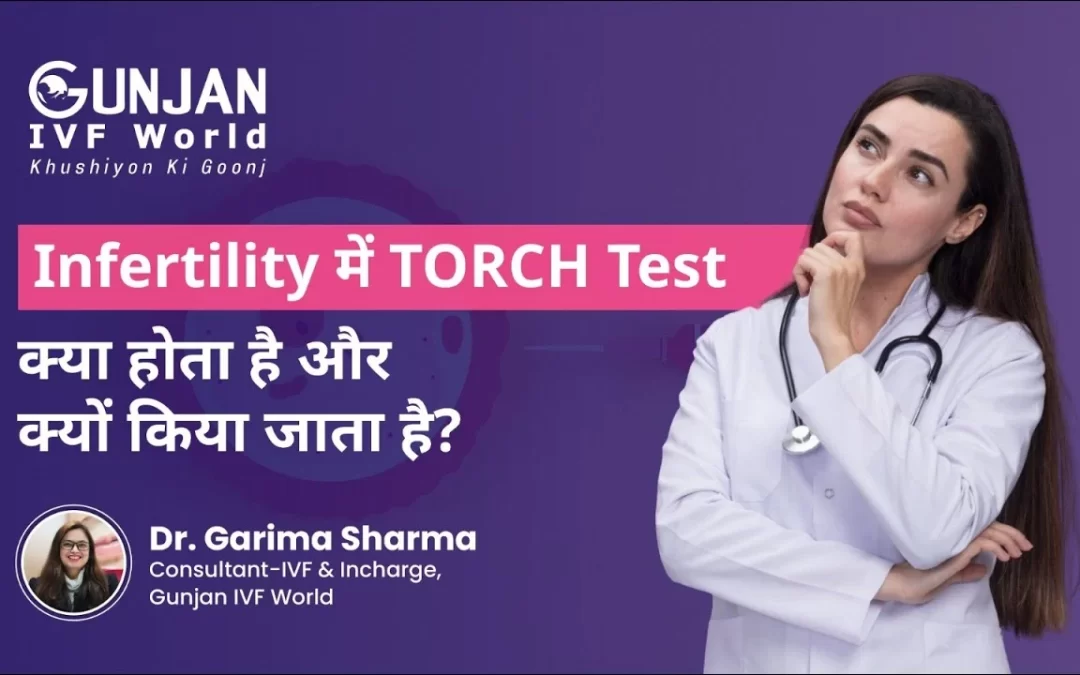
What is TORCH test in infertility and why is it done?
There are numerous tests that are available to infertile couples that are recommended by some doctors, which might help them determine the cause of their infertility. One such test is the TORCH test.
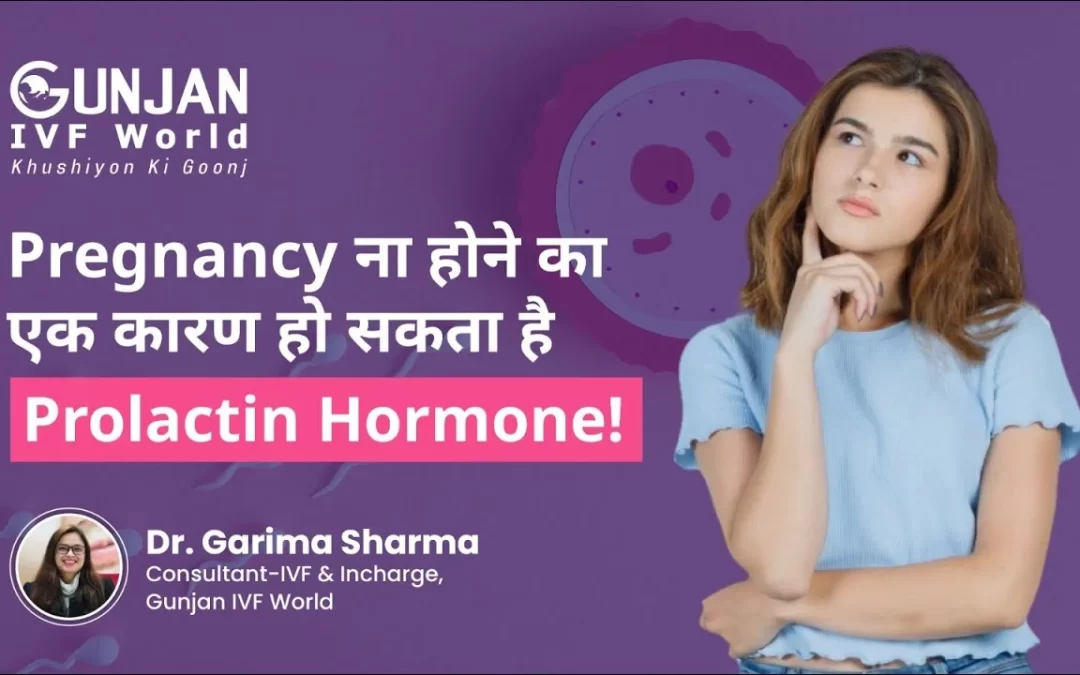
What is Prolactin Hormone?
Prolactin is a hormone produced by the pituitary gland present at the brain’s base. It is best known for its role in lactation, or milk production, in breastfeeding women.However, Prolactin also plays other important roles in both men and women, such as regulating the immune system, stimulating the growth of new blood vessels, and influencing behaviour and reproductive function. In this blog, we will explore what Prolactin is, how it works, and what happens when there are imbalances in prolactin levels.
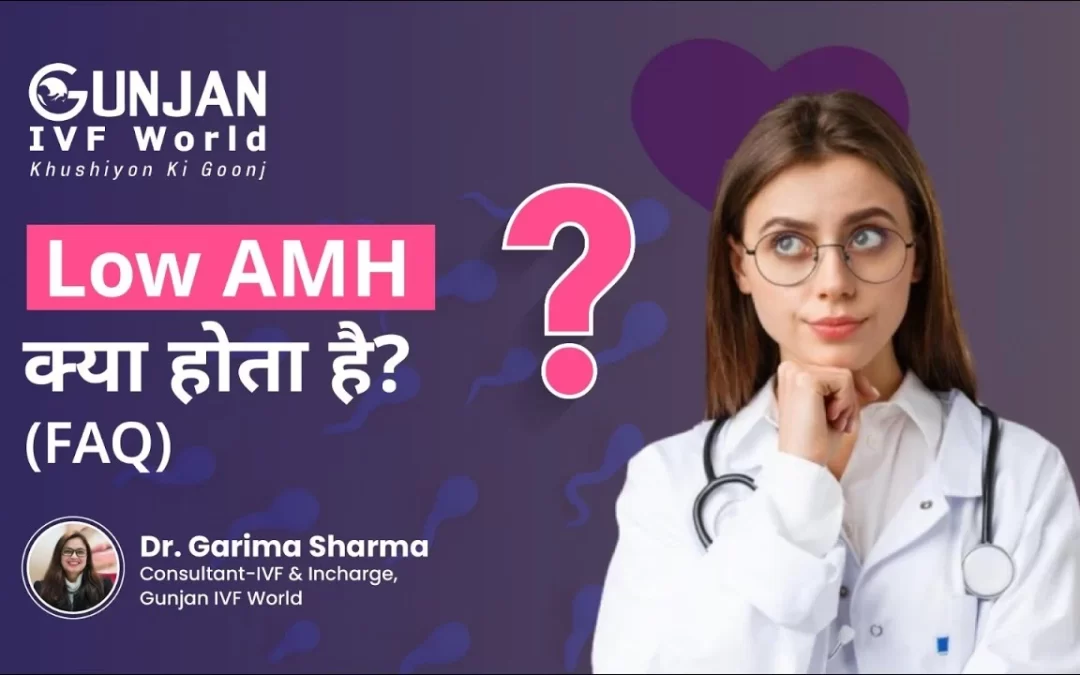
Frequently Asked Questions about Low AMH
Primordial and Preantral follicles produce AMH. So the AMH level indicates the number of eggs or egg reserves you have in your ovary. Putting simply, if your AMH level is low, then the number of eggs in your ovary is less.
Frequently Asked Questions
Does testicular temperature have an impact on male fertility
IVF specialists of the best IVF centre in Ghaziabad – Gunjan IVF World share an informative blog on one of the most ignored factors of male infertility. It is an alarming fact to...
Is male menopause a myth or reality ?
IVF specialists of the best IVF centre in Ghaziabad – Gunjan IVF World debunk the myths about male menopause through this informative blog Menopause as a term is extremely common...
Can smoking cause fertility problems in men?
IVF specialists of the best IVF centre in Ghaziabad – Gunjan IVF World share valuable insights on how smoking leads to infertility in men. Becoming parents is one of the greatest...


